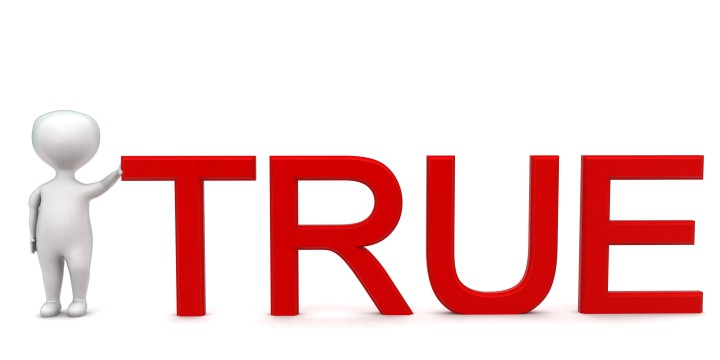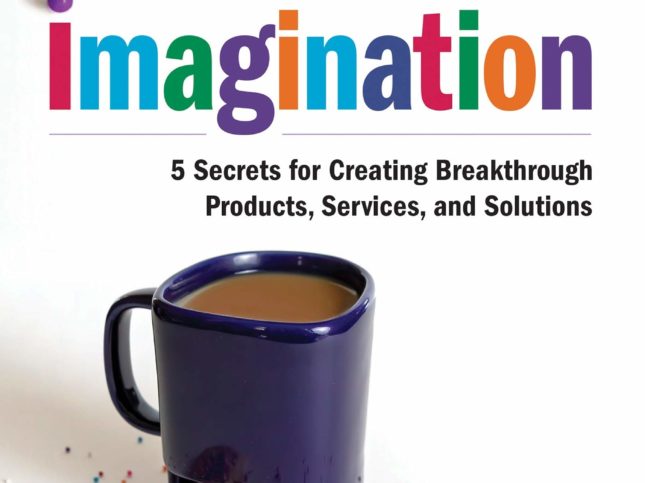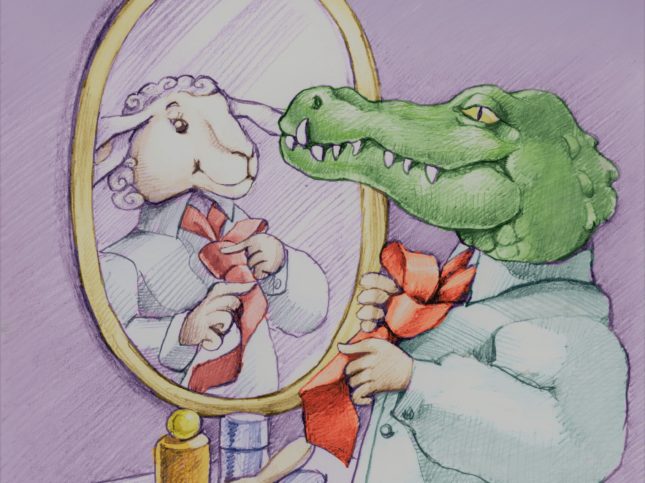The Value of TRUE Sales Relationships
How important are relationships in today’s fast-paced, information-rich and ultra-connected world? Traditionalists contend that human nature does not change, and people will always prefer to buy from people they like, no matter how much the world has changed.
Others will tell you that selling has changed, and relationship selling is dead. The authors of The Challenger Sale, Matthew Dixon and Brent Adamson, tell us in a Harvard Business Review article that “Selling is Not About Relationships.” They tell us that Relationship Builders are not only the least effective of the five types of sellers, but they become less and less successful as the complexity of the sale increases.
I believe that not only is relationship selling not dead, it is more important than ever—but the basis of those relationships has changed. It’s not about friendship (although that does not hurt), it’s about TRUE relationships.
Keep in mind that buyers face a more complicated decision process than ever for various reasons. Products and services are more complex than ever, because they contain and rely on increasing amounts of information technology, and that technology changes more rapidly, leading to a wider and more confusing set of choices for every purchase. The sheer amount of readily accessible information might seem to be the panacea for all these ills, but it usually adds to the problem as it becomes harder and harder to sift valuable insights out of the waste. With more and more information funneling through the same attention span and working memory limitations, the quality of information sources becomes paramount.
If you know the right questions to ask, one trusted and credible source can provide more valuable and less risk than of hours of searching dozens of websites and hundreds of pages of technical data and misleading or untargeted marketing information. And if you don’t know the right questions to ask, a trusted source can be even more valuable.
Here’s a simple example: when I decided last year to begin recording training and marketing videos, I had to start from scratch. I googled, searched, read, compared, scratched my head for hours, and at the end was still unsure of what software to buy and how to set up my studio. Then I called John Spence, who told me more in a half hour than the hours I had spent before calling him.
So, I think it’s self-evident that relationships such as that can and do matter as much as they always have in B2B sales. But the basis of that relationship probably has changed, or maybe just needs reminding. Don’t confuse a relationship with a friendship. They can overlap, of course, but in business the old saying applies: “If you want a friend, get a dog.” Today, a valuable professional sales relationship is a TRUE relationship, based on Trust, Reliability, Understanding, and Economic value.
Trust: When you earn the customer’s trust, you do two things for them: you reduce their risk of acting on the information you provide, and you save both sides time because they need to do less cross-checking and verifying of what you tell them. Do you tell the truth all the time? Do you have the customer’s best interests at heart? Do you have good intentions? Are you willing to risk your friendship to tell them things they don’t want to hear, but should?
Reliability: While trust is about your intentions, reliability is about your ability to deliver on them. Are you an effective advocate and agent for your customer’s interests within your own organization? Do you deliver at least as much as you promise? Are you punctual and responsive, and can you be reached when they need you?
Understanding: These next two go hand in hand. You can create far more value for your customer when you fully understand their business and personal situation. This turns the old sales adage on its head: they don’t care how much you care until they know how much you know. Do you seek first to understand before trying to be understood? Do you know their business drivers, their goals, internal challenges, and opportunities?
Economic Value: The sustainable basis of a professional sales relationship is the outcomes it produces, and in business these are measured by economic value. Do you deliver some or more of the four tangible economic outcomes—revenue growth, cost and risk reduction, and asset efficiency? Can you help them with their intangible but no less valuable outcomes such as achieving business objectives, initiatives and strategies?





